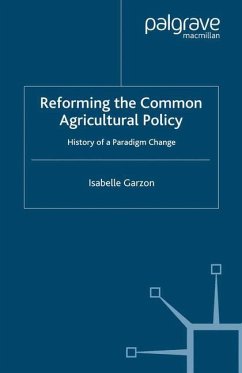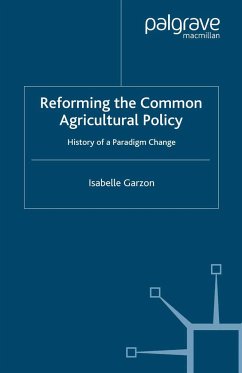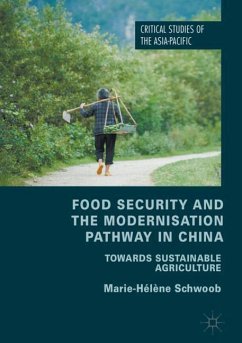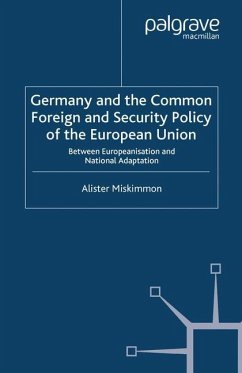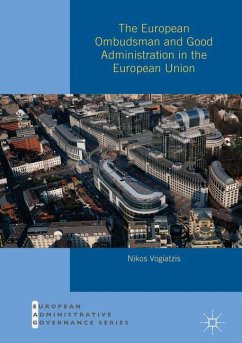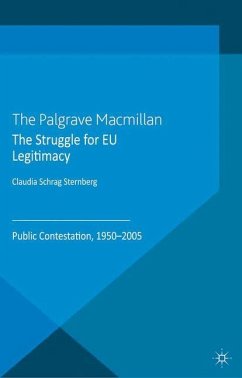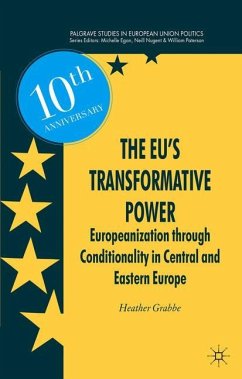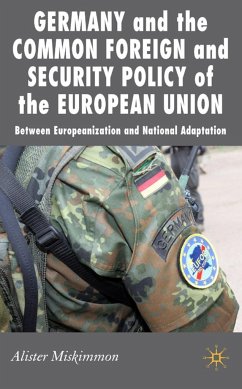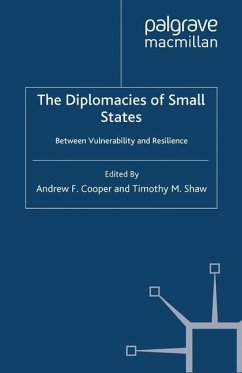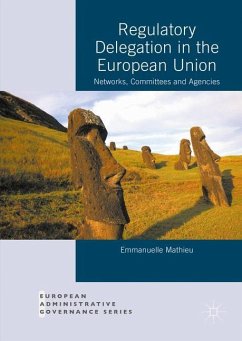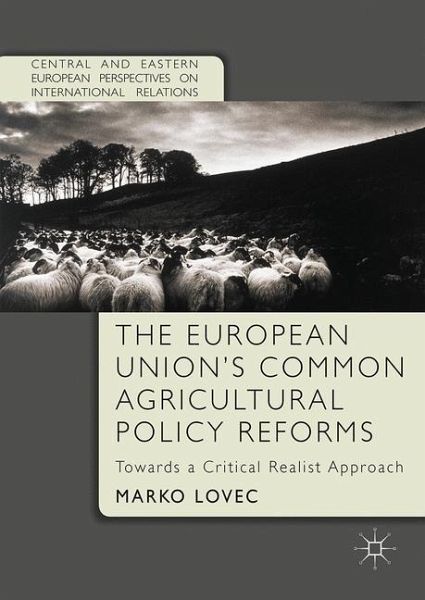
The European Union's Common Agricultural Policy Reforms
Towards a Critical Realist Approach

PAYBACK Punkte
19 °P sammeln!
This book engages in the controversies of the European Union's Common Agricultural Policy (CAP) reforms, demonstrating how these are reiterated by mainstream theoretical approaches in the field.The reforms that the European Union's CAP underwent during the last three decades were intended to make it less trade-distorting, more taxpayer-friendly and more able to meet the new challenges of environmental concerns and rural development/territorial cohesion. The outcome of the reforms has, however, contradicted these objectives, with the controversies being reiterated by the mainstream theoretical ...
This book engages in the controversies of the European Union's Common Agricultural Policy (CAP) reforms, demonstrating how these are reiterated by mainstream theoretical approaches in the field.
The reforms that the European Union's CAP underwent during the last three decades were intended to make it less trade-distorting, more taxpayer-friendly and more able to meet the new challenges of environmental concerns and rural development/territorial cohesion. The outcome of the reforms has, however, contradicted these objectives, with the controversies being reiterated by the mainstream theoretical approaches in the field.
European Union's Common Agricultural Policy Reforms argues that these controversies are due to reductionist, rationalist and idealist assumptions with regard to the object of inquiry applied by mainstream approaches. It proposes an alternative critical approach that takes into account the role of real material factors. Critical realism isnot just an alternative explanation of CAP reforms but an alternative theory of how explanations can be made, which enables readers to reflect upon and endorse the results of existing lines of research in proceeding towards deeper level theory.
The reforms that the European Union's CAP underwent during the last three decades were intended to make it less trade-distorting, more taxpayer-friendly and more able to meet the new challenges of environmental concerns and rural development/territorial cohesion. The outcome of the reforms has, however, contradicted these objectives, with the controversies being reiterated by the mainstream theoretical approaches in the field.
European Union's Common Agricultural Policy Reforms argues that these controversies are due to reductionist, rationalist and idealist assumptions with regard to the object of inquiry applied by mainstream approaches. It proposes an alternative critical approach that takes into account the role of real material factors. Critical realism isnot just an alternative explanation of CAP reforms but an alternative theory of how explanations can be made, which enables readers to reflect upon and endorse the results of existing lines of research in proceeding towards deeper level theory.





